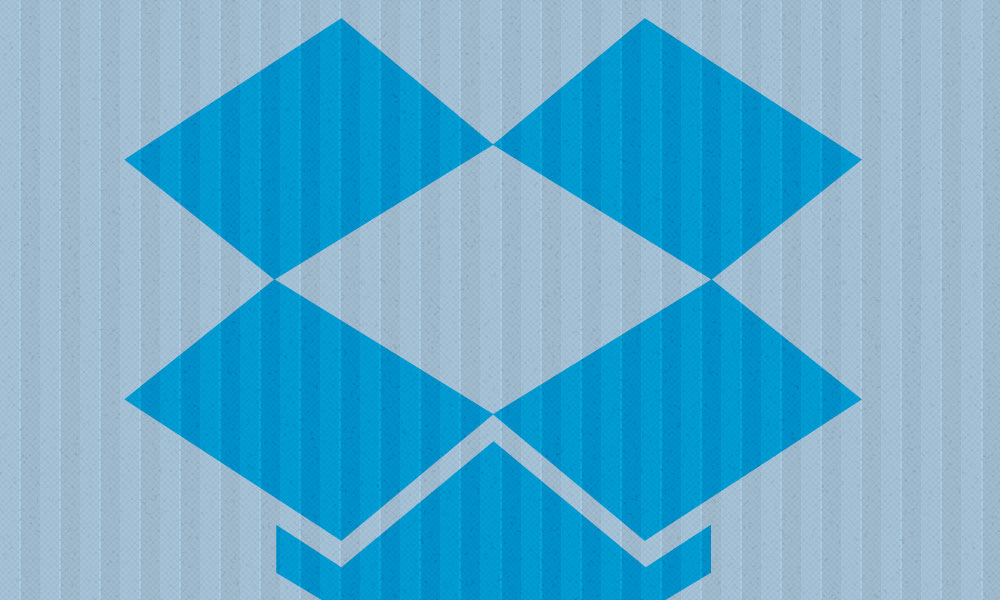
Beyond Folders: Dropbox Tries Reinventing the Sync
Dropbox has expanded the platform's sync capabilities for developers, app providers, and end users with a trio of new services that could revamp the purpose of the popular cloud service and improve offline access.
The “magic folder” concept of Dropbox is getting a reboot that could prove to be a major factor in the company’s growth.
Dropbox announced the new approach at its first-ever conference for developers held Tuesday in San Francisco. More details:
The changes: Dropbox plans to launch three separate services to improve things for developers: a Sync API designed to make it easier for programmers to work between platforms; Drop-Ins, which will allow developers to access content between apps and create what CEO Drew Houston calls “a save button for the post-PC world”; and, maybe the most interesting, a Datastore API that will allow end users to easily sync their structured data between apps, no matter the platform. “Syncing is the main thing that we do, and now we’re extending it to every other kind of information,” Houston said at the DBX Developer Conference, according to PCWorld.
The intention: According to TechCrunch, Dropbox’s goal with the new offerings is to help ensure that apps work just as well offline as they do with a persistent internet connection, an important point in the age of mobile access that doesn’t always work as well as it should. “Offline vs. online doesn’t have to be binary,” Aditya Agarwal, the company’s VP of engineering, told the website. “There will always be a spectrum. Offline today will be slow-line tomorrow.” The idea might be similar to those behind Apple’s iCloud and Amazon’s Cloud Drive, but Dropbox does have some advantages over those larger competitors that could attract developer interest. With 175 million users to its name—a jump from 100 million back in November—it has just the user base to offer a solution that helps end users on a wide scale; and as Dropbox isn’t tied down to a single platform or app base, developers aren’t locked into a single ecosystem.
Dropbox isn’t the only player in this field, but its dominance is causing some competitors to focus away from pure file-sharing offerings. Box, for example, plays up its security. BitTorrent recently launched a free alternative that uses its decentralized peer-to-peer technology to sync files. And this week, YouSendIt announced a name change to HighTail in an effort to differentiate itself from its competitors.






Comments